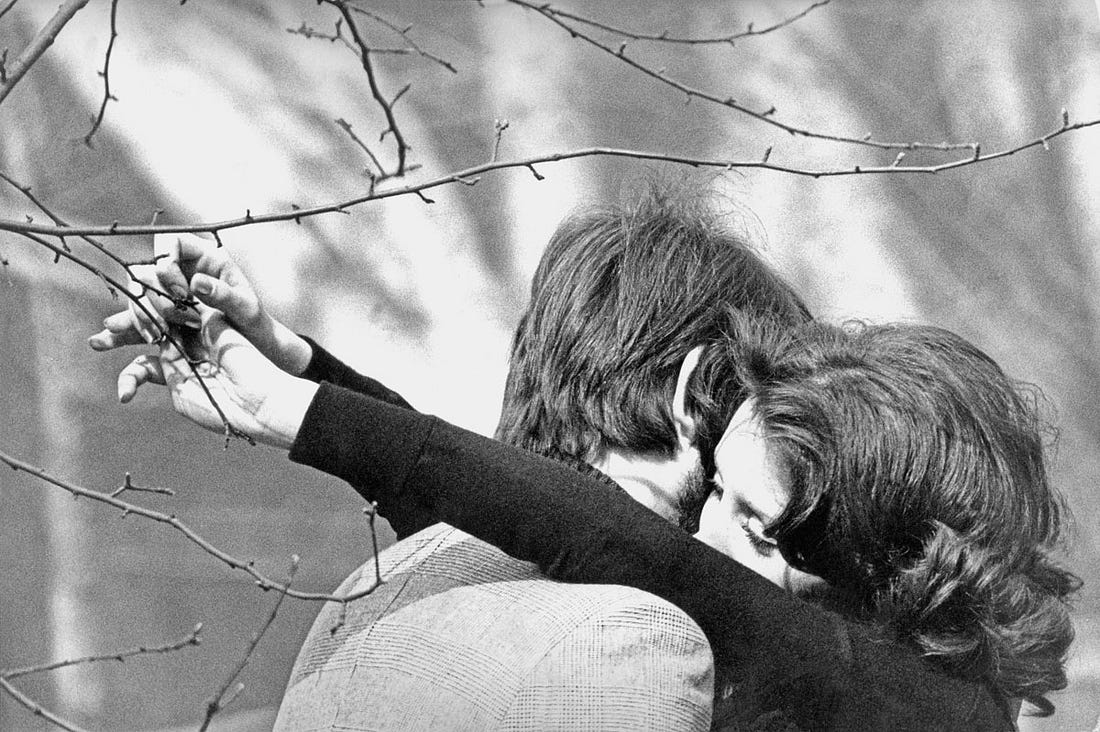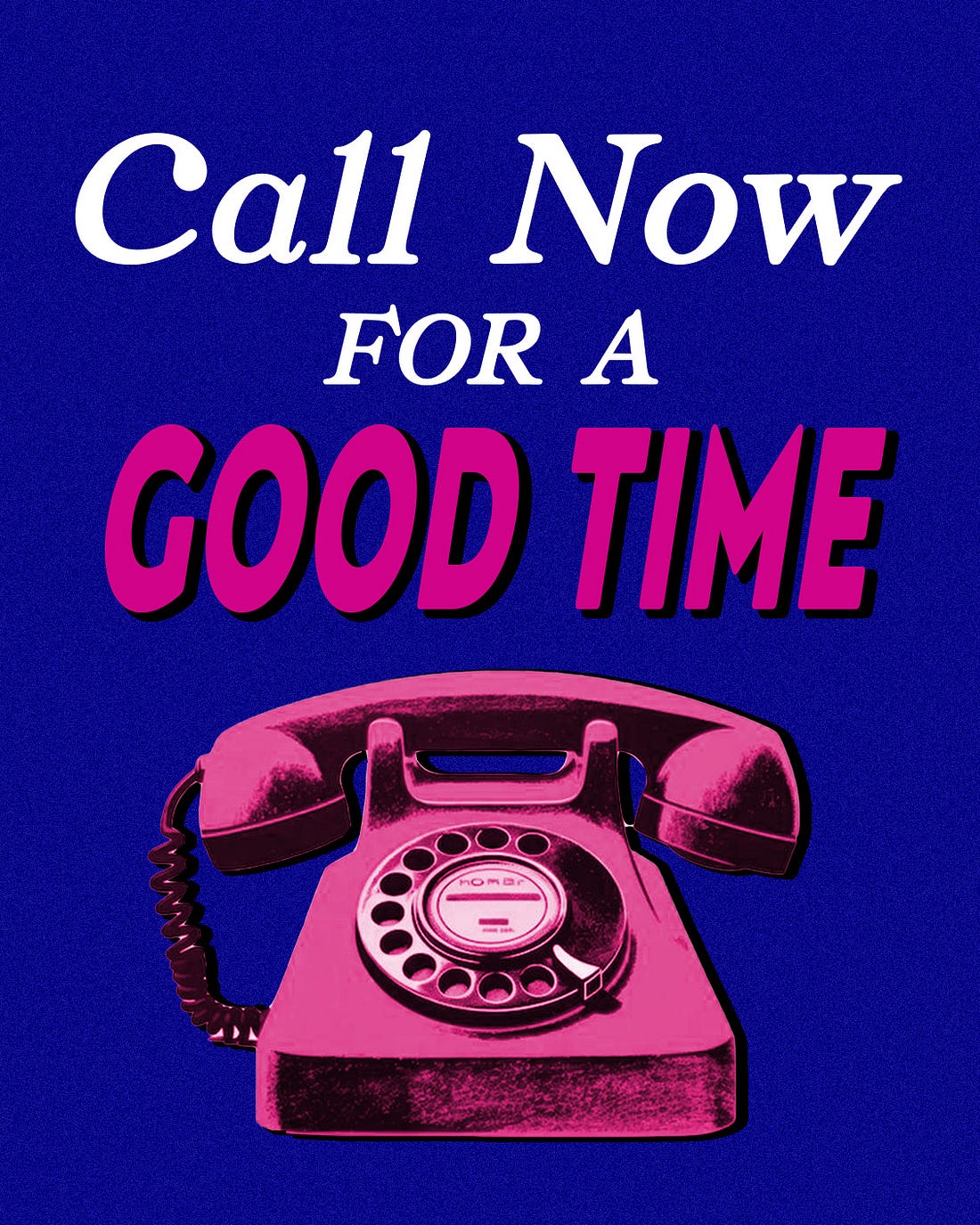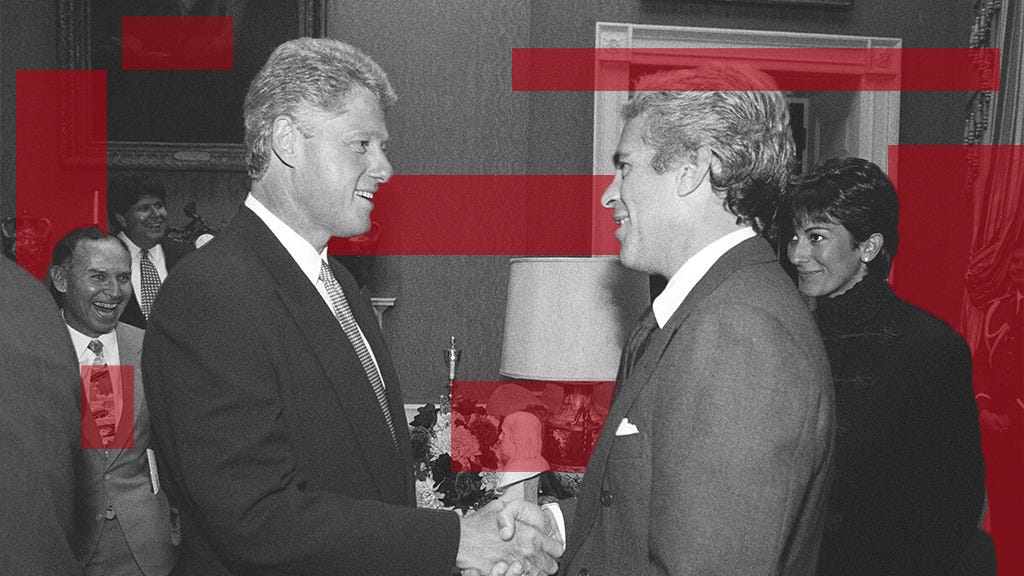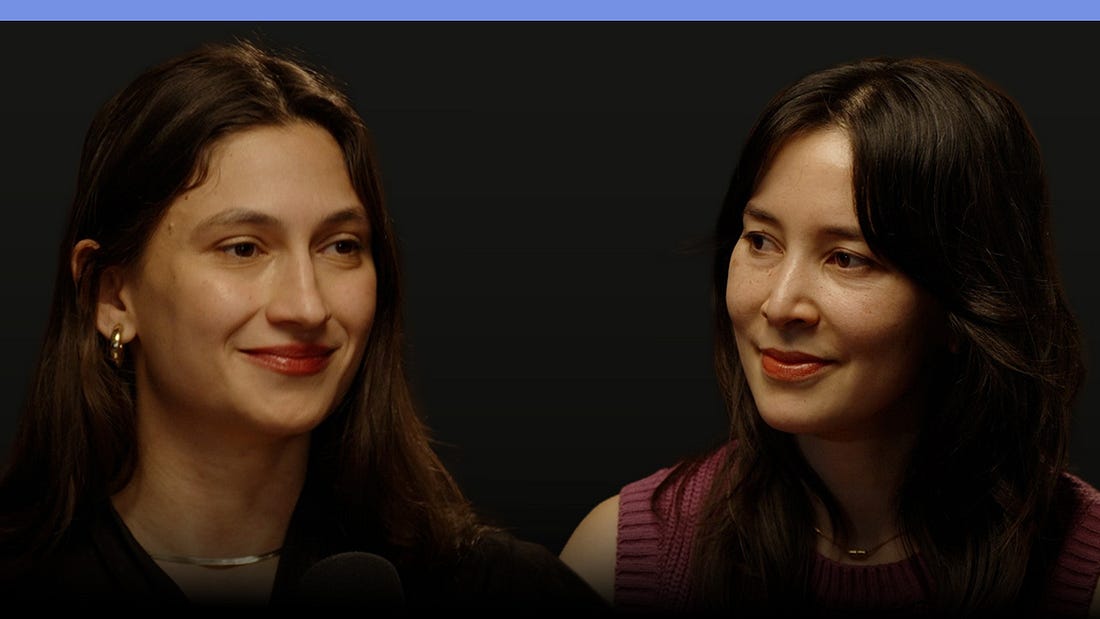| Forwarded this email? Subscribe for more |
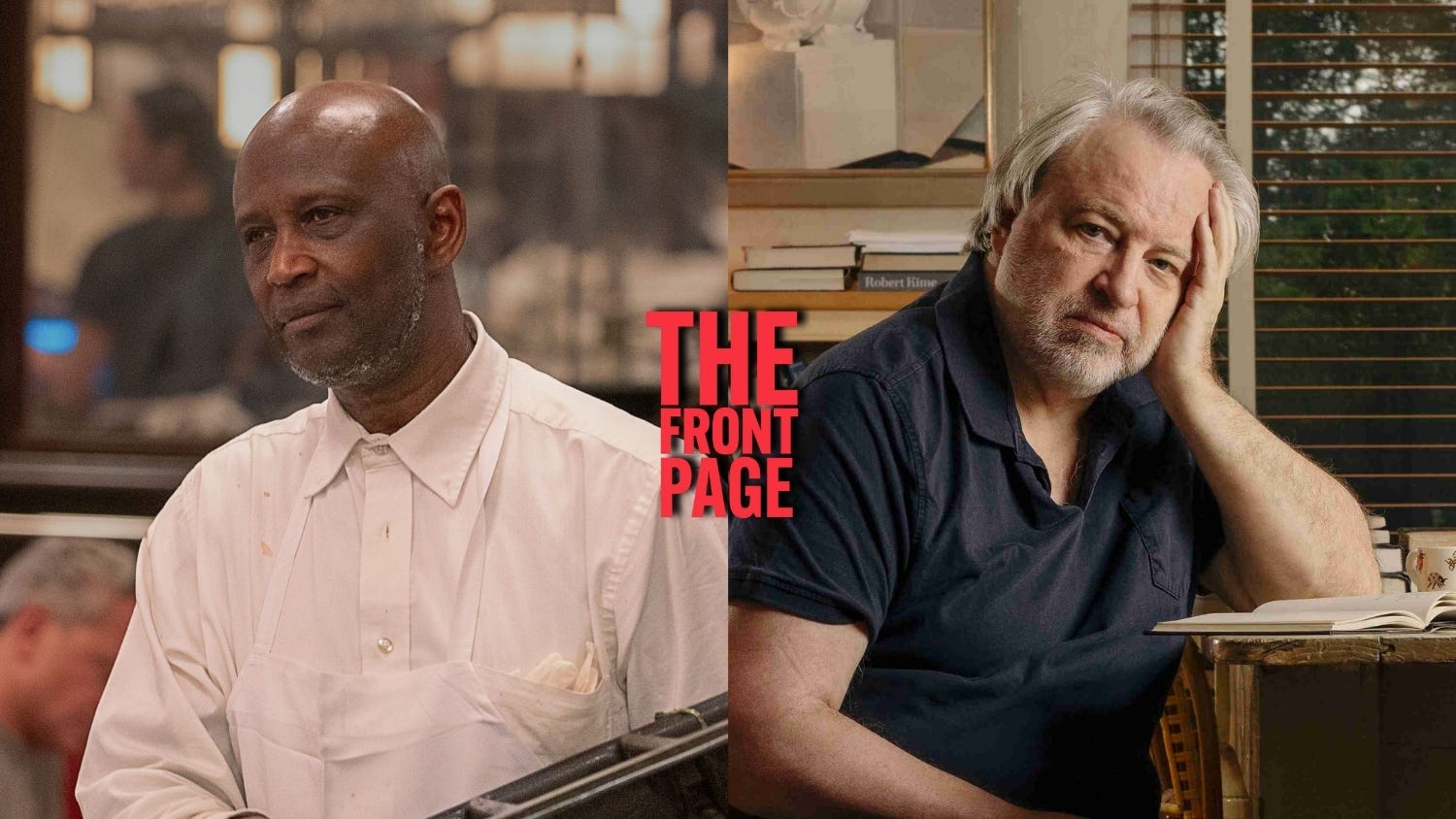 |
| By The Free Press |
It’s Wednesday, November 26. This is The Front Page, your daily window into the world of The Free Press—and our take on the world at large. Today: New Americans on what it feels like to take the oath. Readers respond to River Page’s conversion therapy reporting. The CEO who says erotic chatbots are the solution to the loneliness crisis. Plus: The latest Breaking History, and much more.
But first: One restaurant. Two immigrant stories.
From The Odeon and Nell’s to Balthazar and Minetta Tavern, Keith McNally is the most famous restaurateur in a city full of them. But when he came to New York in 1975, he came with almost nothing: $300 and no papers. What he had was ambition and a work ethic. He’s just like hundreds of people he’s employed over the years—and millions of immigrants across America.
“I was 24 and still working illegally but was suddenly being paid handsomely to manage a swanky Manhattan restaurant,” writes McNally in our pages today. “It was like being shot out of a circus cannon, and I couldn’t believe my luck.”
Not every immigrant’s story has the kind of fairy-tale ending as McNally’s. But for every restaurateur, mogul, or medalist who came to America and achieved the pinnacle of material success, there are thousands whose triumphs are less visible, but felt just as deeply.
One of them is Cheikhou Niane. He is from Senegal and works for McNally as a busboy. Last Friday, I took the subway down to Balthazar to meet him and hear his story.
A New Yorker since 1987, he works at the beating heart of McNally’s bustling restaurant. His story of coming to America from Senegal and hacking it in the Big Apple begins in the same place as Keith’s—in a Checker Cab—and then diverges, big time. For McNally, grit and fake-it-till-you-make-it charm brought stratospheric success and worldwide renown. But for Niane, the triumph of his American dream is at home in the Bronx, where his greatest pride is putting food on the table for his wife and six children.
Still, his story and McNally’s reside in the same place—at the legendary Balthazar, where, as Niane writes, “I came to think of myself as part of a community, as part of the larger American family.”
Today, we’re pleased to publish these two stories side by side—the busboy and the boss—united by pride in their work, and by the promise of America.
McNally and Niane are now both American citizens. For millions of naturalized U.S. nationals, the day they take the oath of allegiance is a defining one. So this month, we went to a ceremony in Tucson, Arizona, to meet dozens of America’s newest citizens and ask them what it means to be American. Watch their testimonies below.
—Josh Code
Today’s stories are part of America at 250, our yearlong celebration of these United States. (For more on that project, click here.) And for more on immigration, read Tyler Cowen on Why ‘Humane’ Immigration Policy Ends in Cruelty and Christopher Caldwell on Why America Is Shutting the Door on Immigration—Again.
The Free Press Thanksgiving Sale Is Here! For a limited time, new subscribers to The Free Press get 25% off their first year. |


